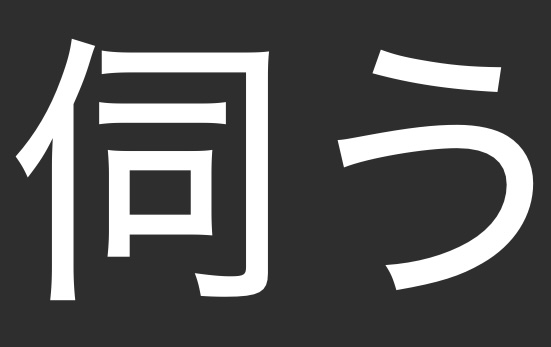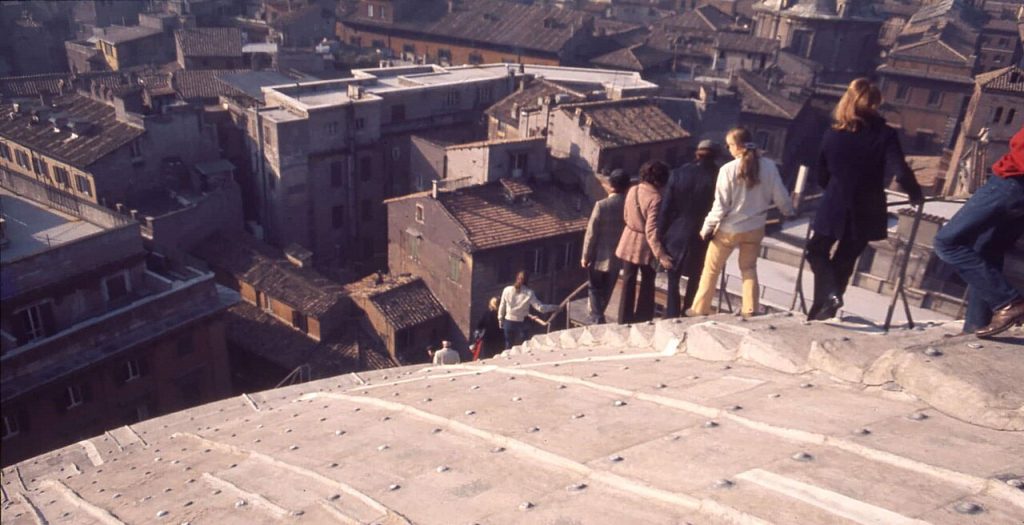The newsletter and podcast are online:

This month, the core topic I looked at was how easy and broadly useful is 伺う (ukagau) is, especially for folks struggling to gain a handhold with keigo: This is your handhold.
伺う means so many different things at once: to listen/hear, to ask, to visit, and to detect/view. There are a number of set phrases that you should start to memorize, and once they become more familiar, you’ll hopefully find yourself reaching less frequently for more complex verb permutations, which gives you more time to become familiar with those complex verb permutations, making them more familiar and less complex, enabling you to reach for them more easily…it’s a cycle, and you just need a way in.
However, 伺う is more complex that it may first appear, likely because of how broadly it can be used. There are actually (at least) three different kanji that get used for うかがう.
The first and most frequent is 伺 which gets used for those core meanings above.
The two additional kanji take on these meanings:
窺う
「そっと(気づかれないように)様子を見る」という意味
“To secretly watch (so that you aren’t noticed”
Kenkyusha also lists several other definitions: to peer into/through something, to watch/wait for an opportunity, to infer/surmise. So it appears as those this meaning can be rather broad as well and loses some of the deference in the other definitions.
覗う
「何かを通してのぞいて様子を見る」という意味
“To peer through something”
While 窺 can mean “peer into/through” something, this kanji tends to take on more of those meanings because it’s also associated with the verb のぞく (nozoku), which is the more frequently used word for “peek/peer” and gets used with compounds like 覗き穴 (nozokiana, peephole).
Kanjipedia also notes that 候, 偵, and 覘 are also used in various situations with うかがう, but judging from my cursory searches, these are less frequently encountered.
I think the best way to understand these as a whole is to think of all these additional kanji as (most likely) an extension of the “view/detect” definition in intricate different ways that writers can choose to take advantage of. I imagine that うかがう gets used in hiragana form pretty regularly as well, so keep an eye out for that as well.

